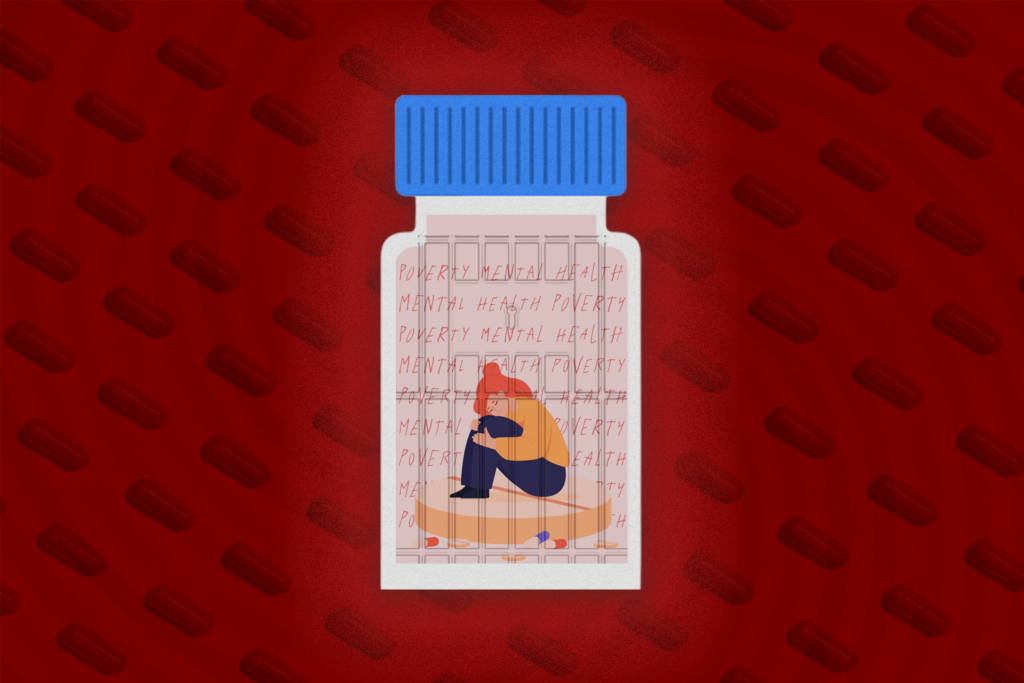TV Patrol, Frontline reports on child’s killing fail to examine drug use, mental health, poverty
24 Oras report provides example of how to do it

JEERS TO TV Patrol and Frontline Pilipinas for airing incomplete reports on a mother who allegedly killed her two-year-old son in Bacoor, Cavite. The reports focused on the alleged drug use of the mother but lacked information and insight from experts on the larger picture of drug use, mental health and extreme poverty.
What Was Reported
Three primetime newscasts aired reports of the incident on July 19. According to the reports, the father found the victim’s lifeless body after coming home from work. The barangay officials thought the victim died of malnutrition due to the body’s emaciated appearance, but the autopsy showed, according to the reports, that the victim had been strangled. This finding matched with the testimony of the victim’s six-year-old brother, the sole witness to the crime, who pointed to their mother as the culprit.
TV Patrol and Frontline Pilipinas noted that the children are now being cared for by their relatives. Frontline Pilipinas mentioned that barangay officials wanted the children turned over to the Department of Social Welfare and Development to better address their needs.
The reports carried statements from police sources and the victim’s relatives on the mother’s alleged drug use. TV Patrol’s reporter also asked the victim’s grandfather if the victim’s father also used drugs. The grandfather hesitated before saying yes.
Both reports referred to the family’s poor living conditions and the mother’s mental health issues. Police sources said they could not communicate clearly with the mother as she still seemed to be under the influence of drugs.
What the Reports Lacked
The reports noted three elements in the case—drug use, mental health, and extreme poverty. Unfortunately, the programs failed to expand the discussion on these key issues that could have shed light not just on the alleged crime but also given it necessary context.
In presenting the mother’s alleged drug use, the reports merely relied on as sources the police, barangay officials, and the victim’s relatives. There was no reference to the drug tests or any other medical examination to ascertain her drug use. There was no mention of past run-ins with the law because of drug use; nor of her having been included in a barangay program for drug users.
The reports also failed to include any interviews with experts that could have explained the impact of drug use on mental health, as well as extreme poverty as a factor for drug use and domestic abuse, especially since the children were clearly malnourished and had been living under extremely poor conditions.
What Could Have Been Done?
The report by 24 Oras’ Marisol Abdurahman did much better in its treatment of the story, even providing examples of good practice in reporting this type of story. It connected the incident, for instance, to issues faced by the health sector—namely lack of facilities and health personnel—to improve health services for people who use drugs.
Abdurahman’s report encouraged persons who use drugs to avail of treatment in rehabilitation centers accredited by the Department of Health (DOH). Unlike TV Patrol and Frontline Pilipinas, 24 Oras did confirm that the mother underwent a drug test which yielded a positive result.
Abdurahman mentioned the rehabilitation efforts by the government, citing the DOH’s training program in addiction psychology to “formalize and standardize” services provided to people who use drugs. She interviewed Dr. Alfonso Villaroman, from the Treatment and Rehabilitation Center (TRC) of Bicutan, who emphasized the country’s lack of such centers and corresponding health staff—information that the DOH acknowledged.
Abdurahman also interviewed Dr. Manuel Panopio, chief health program officer of TRC Bicutan, who emphasized that persons who use drugs need support groups to help them recover and not feel left alone.
Why Is this Important?
Incomplete and uncontextualized reports on drug use and the crime committed by people who use drugs do nothing to help resolve illegal drug use in the country. In fact, this type of reports stigmatizes people who use drugs, making it harder for experts to push for humane and rights-based approaches such as “harm reduction.” In extreme cases, as in the “drug war” launched by former president Rodrigo Duterte in 2016 and even “drug wars” waged before that, this stigmatization has led to the demonization of drug users, making violence against them as an acceptable form of intervention.
News accounts must spark discussions about the great need for better healthcare programs that will help people who use drugs and assist their reintegration into society. Media must help the public understand the issue of illegal drugs as a complex, multi-faceted problem that requires intervention from different sectors of society, including guidance and direction from various experts, not just those from law enforcement.
Help is available.
Drug Policy Reform Initiative published a “media tool kit” on drug reporting, a landmark document that they hope would change how people who use drugs are depicted in the media.
Substance Abuse Helpline 1550 is a project of the Department of Health and the Office of the President. You may contact them Mondays to Fridays from 8 a.m. to 5 p.m. to receive free and confidential services, including information on treatment services available, referral to relevant health facilities, and brief psychosocial intervention from counselors.
Leave a Reply